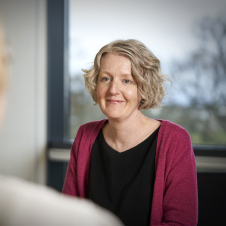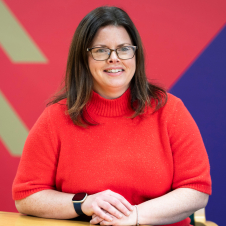Insights
Our experts provide their insights on the latest industry developments and share tips on accountancy and business matters.
18 December 2025
HMRC registration deadline for Trusts and companies coming in at the end of yearIf you are a trustee or manage a company with investment income, please take note of an upcoming deadline that you may be required to comply with. The UK Government has introduced changes to the Automatic Exchange of Information (AEOI) rules, which impacts certain trusts, companies, and partnerships.
30 September 2025
Navigating the IHT Reform: What it means for rural businessesThe proposed changes to the rules for Inheritance Tax (IHT) for assets qualifying for Agricultural Property Relief (APR) and Business Property Relief (BPR) have been a hot topic for close to a year now. The upcoming changes have meant that families must consider their IHT exposure and options available to mitigate, a key one being by making lifetime gifts.
26 March 2025
Top tips for tax planning in the year aheadAs we enter a new tax year, it’s important to review your financial affairs and take advantage of tax-saving opportunities. We’ve broken down our top tips into the areas below for consideration to help optimise your tax position each year.
11 February 2025
Ten Questions with Private Client Tax Director – Chris HodgsonChris is a highly experienced private client tax specialist with over 37 years of expertise, focusing primarily on advisory work. As a qualified Chartered Accountant and Chartered Tax Advisor, he brings a deep understanding of both personal and corporate tax matters, offering strategic insights and tailored solutions to his clients.
03 February 2025
How changes to the Furnished Holiday Lettings scheme could impact the Agritourism sectorFarmers have diversified over the years with many tapping into new revenue streams such as agritourism, providing holiday accommodation under the Furnished Holiday Lettings (FHLs) regime.
Arrange a free consultation with the team now
Have a general enquiry? Get in touch.




